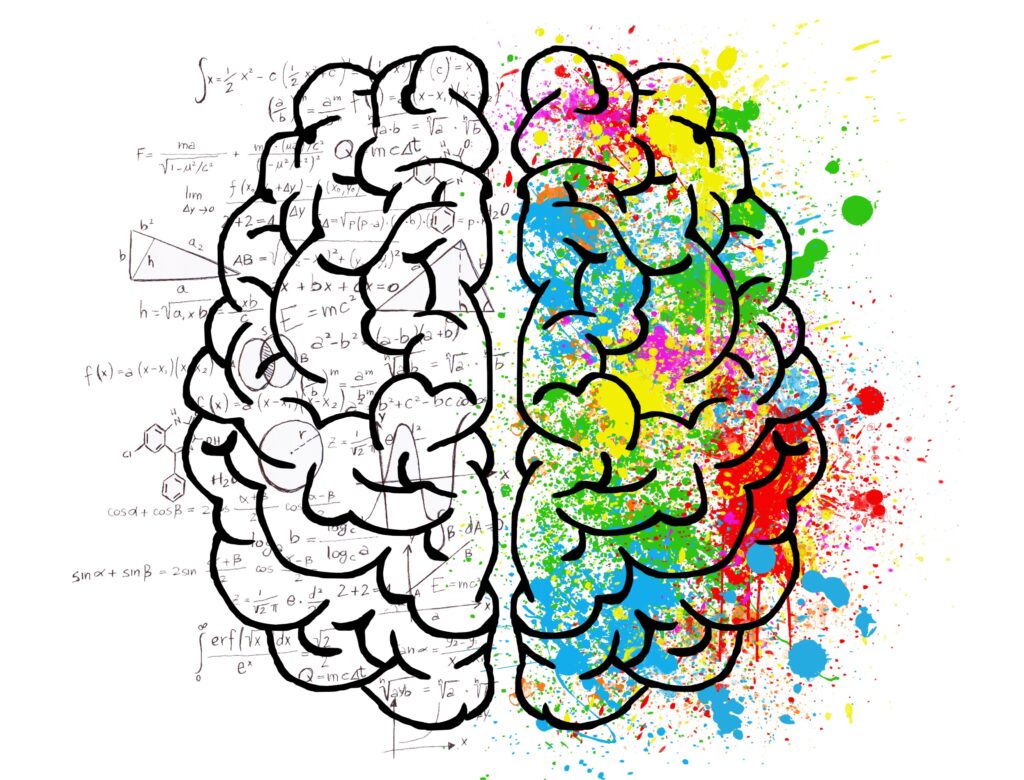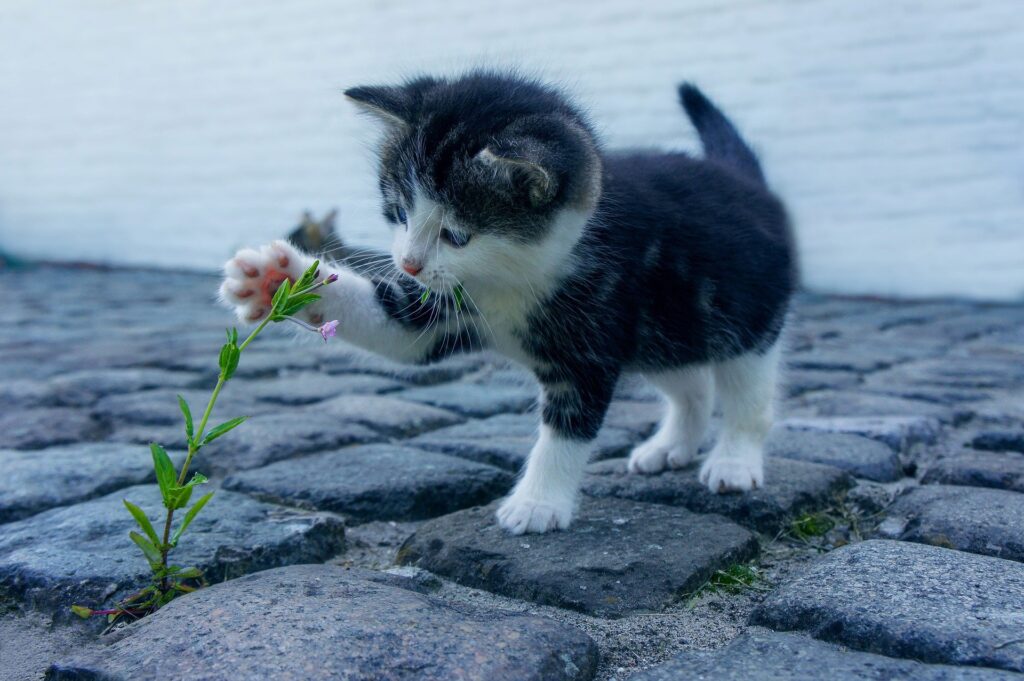7 Ways to Unlock Your Genius

When you hear the word “genius”, what do you think of? We generally think of people with remarkable achievements in art, music and science, far beyond that of anyone else. However, scientific research into people with noticeable achievements reveals some surprising traits that anyone can learn from, including you! Turns out, “genius” is a trait that anyone can nurture. With that said, here are seven ways to unlock your genius.
1. Forget about IQ

Surprised? Thought that genius is all about IQ? That’s what Lewis Terman thought when he recruited the students with the highest IQs in the U.S. for his study. He expected these brilliant students to become the most successful against all of their peers. However, fifty-seven years later, he was disappointed to find that the majority of these students lived small and humble lives (Jenkins-Friedman, 1982). Meanwhile, others whose IQs were too low to qualify for the study achieved great things, like Richard Feynman, winner of the Nobel Prize in Physics (Heilman, 2016). What he realized was that having an extremely high IQ does not necessarily equal high success.
2. Flex your creative muscles

Let me ask you a question – how many uses can you think of for a tin can? Researchers used this to measure students’ creativity, rating the quantity and originality of the uses they came up with. Creativity tests are actually three times more accurate than IQ tests for predicting which students become accomplished later on in life (Subotnik et al., 2012), as creativity is a key part of genius. Einstein isn’t known for repeating existing theories, Mozart isn’t known for performing existing symphonies and Pablo Picasso isn’t known for sticking to conventions. Have you ever felt like the smartest person in the room when you thought of an original idea that no-one else came up with? You were onto something!
3. Exercise regularly

Have you ever come up with a solution to a problem while you were out and about? Your mind and body are inseparable, so much so that getting your muscles moving also stimulates your brain, improving memory and reaction time. Furthermore, researchers have found that regular exercise strengthens your memory and lowers your risk of dementia later on in life (Hertzog et al., 2009). You don’t need to do an intensive workout to achieve this. Even mild exercise like twenty to thirty minutes of walking has significant benefits.
4. Engage in curious thoughts and ideas

Have you ever been curious about something that others found uninteresting? According to San Jose State University professor Gregory Feist, you might have a genius trait called “Need For Cognition” (Feist, 2014). People high in this trait are always curious, exploring new ideas, finding significance in ordinary things and considering other perspectives (Mussel, 2010). They don’t stick to convention, hide within one field or avoid unfamiliar things. Many of the best ideas come from unexpected connections between unrelated thoughts. So try watching a movie from a different culture, reading an article on a new subject, or discuss a deep topic with a friend.
5. Adopt a growth mindset

How did you feel the last time you failed? Did you feel that you weren’t good enough or that the activity was too hard? If you have a “fixed mindset”, the idea that you have either what it takes or you don’t and can do little to change it, you can start to give up. You may also be sensitive to criticism and spend more effort hiding their mistakes rather than learning from them. Instead, adopt a “growth mindset”, the idea that personal growth is always possible through hard work and strategizing. Your strengths and weaknesses are only your starting position and you can always advance from your current position. Those with a “growth mindset” have fewer feelings of depression, aggression and shame, and more confidence, persistence and willingness to take on new challenges, which forms the stronger connections in your brain (Dweck, 2006). The next time you fail, remind yourself that “failure to succeed does not mean failure to progress!”
6. Collaborate with others

When you picture a genius, do you think of a solitary, self-made mastermind? Research shows that genius is actually a team effort. If you find the right network of passionate individuals, great things can happen. Communities share the tools, knowledge, inspiration, feedback and wider connections needed to thrive in any field. But you only get the best results if you have a diversity of positive relationships (Azoulay, et al., 2018; Barabási, 2018; Haslam et al., 2014). So those dreaded group projects are worth something after all. Even Tony Stark needed Yinsen to perfect the first Iron Man.
7. Play video games

Have you ever heard the claim that gaming is a waste of time? Scientific experiments have actually shown that video games have a positive effect on the brain, even more than dedicated brain training (Granic et al., 2014). Your brain is confronted with open-ended challenges and bombarded with information to sort out very quickly, which strengthens attention control, visual thinking, multi-tasking, problem solving skills, working memory and creativity. Scientists have noticed that each generation is more intelligent than the last, and they think mental stimulation like video games may play a role (Basak et al., 2008; Bediou et al., 2017; Wai & Putallaz, 2011).
So there you have it, seven ways to unlock your genius. Do you think you can try these tips in your lifetime? One day you might achieve great things and we believe in you. Let us know what you’ll try in the comments below. Make sure to like and subscribe to Psych2Go for even more psychology advice, and if you know someone with a lot of potential who needs some encouragement, feel free to share this article too.
References
Azoulay, P., Graff-Zivin, J., Uzzi, B., Wang, D., Williams, H., Evans, J. A., … & Guinan, E. C. (2018). Toward a more scientific science. Science, 361(6408), 1194-1197.
Barabási, A. L. (2018). The Formula: The Universal Laws of Success. New York: Little, Brown and Company.
Basak, C., Boot, W. R., Voss, M. W., & Kramer, A. F. (2008). Can training in a real-time strategy video game attenuate cognitive decline in older adults? Psychology and Aging, 23(4), 765–777. https://doi.org/10.1037/a0013494
Dweck, C. S. (2006). Mindset: The New Psychology of Success. New York: Random House.
Feist, G. J. (2014). Psychometric Studies of Scientific Talent and Eminence. The Wiley Handbook of Genius, 62–86. doi:10.1002/9781118367377.ch4
Granic, I., Lobel, A., & Engels, R. C. M. E. (2014). Benefits of Playing Video Games. American Psychologist, 69(1), 66-78.
Haslam, S. A., Adarves-Yorno, I., & Postmes, T. (2014). Creativity is Collective. Scientific American, 25(4), 30-35.
Heilman, K. M. (2016). Possible brain mechanisms of creativity. Archives of Clinical Neuropsychology, 31(4), 285-296.
Hertzog, C., Kramer, A. F., Wilson, R. S., & Lindenberger, U. (2009). Fit body, fit mind?. Scientific American Mind, 20(3), 24-31.
Jenkins-Friedman, R. (1982). Myth: Cosmetic use of multiple selection criteria! Gifted Child Quarterly, 26(1), 24–26. https://doi.org/10.1177/001698628202600108
Mussel, P. (2010). Epistemic curiosity and related constructs: Lacking evidence of discriminant validity. Personality and Individual Differences, 49(5), 506-510.
Subotnik, R. F., Olszewski-Kubilius, P., & Worrell, F. C. (2012). Nurturing the young genius. Scientific American Mind, 23(5), 50-57.Wai, J., & Putallaz, M. (2011). The Flynn effect puzzle: A 30-year examination from the right tail of the ability distribution provides some missing pieces. Intelligence, 39(6), 443-455.
Terman, L. M., & Oden, M. H. (1947). The gifted child grows up: Twenty-five years’ follow-up of a superior group.



Responses